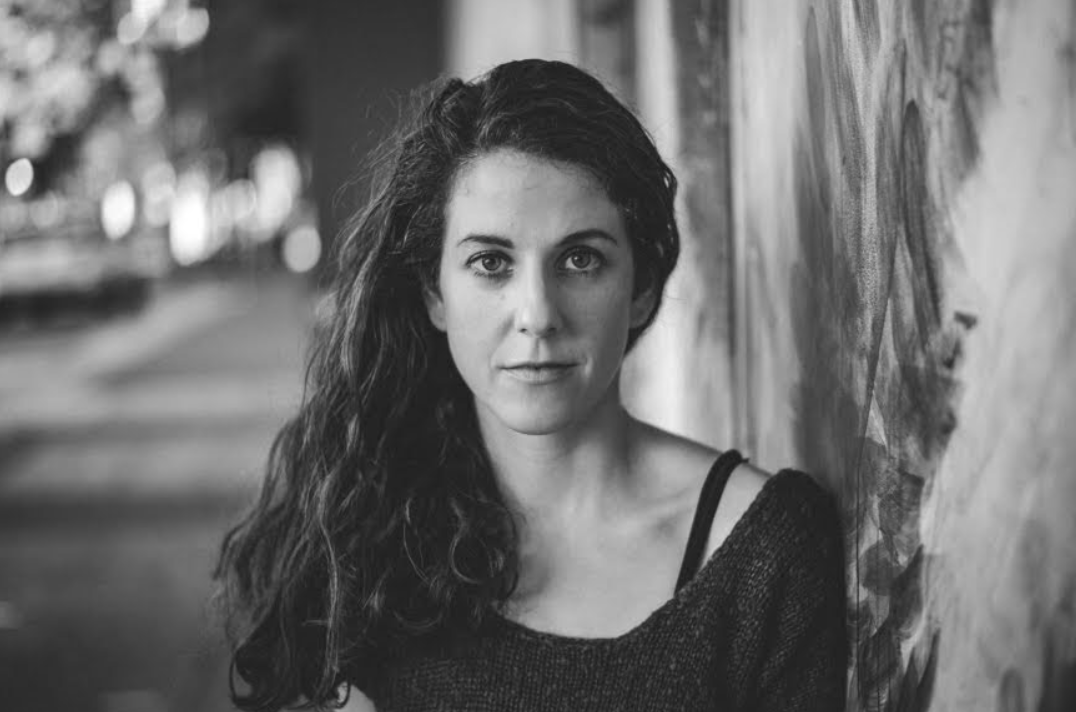Once again, Egypt’s Tahrir Square is a hotbed of revolution.

For the past week, thousands of protesters have faced off with security forces, some resorting to violence in frustration over a government that just can’t seem to reach consensus. President Mohamed Morsi has been weakened. Egypt’s army chief has warned of “collapse.” Cars are burning in the streets.
Since the revolution that took out Hosni Mubarak two years ago, the story of Egypt has been complicated and fast-moving; many U.S. news organizations continue to rely on Twitter and blogs run by citizen journalists for the most up-to-date information. And while these documentarians’ reporting may have made it into your morning paper, you seldom learn their names.
Here, with the help of those in the know, The Daily Beast has compiled a list of the top six Egyptian bloggers you should be following right now. As it turns out, the majority of them are women.
1. Sarah Carr
Half British and half Egyptian, Sarah Carr is known as one of Egypt’s most readable bloggers. “She takes a sarcastic, cynical approach, and manages to inject humor into topics where you wouldn’t think you could find it,” says Nancy Messieh, editor of EgyptSource at the Atlantic Council, a nonpartisan think tank dedicated to promoting international cooperation.
Carr’s blog, Inanities, sets the tone with its cheeky slogan: “1/2 Egyptian. It’s my country too you bastards.” Take a recent post on Jan. 26, in which Carr writes about the Muslim Brotherhood’s announcement that it would not be taking part in anniversary celebrations at Tahrir Square. “It brings to mind a vulgar variation on the popular saying, ‘The world is like a cucumber: one day it’s in your hand, the other it’s in salad,’” Carr wrote. “Where salad is replaced with something anatomical. The MB have been thrusting cucumbers on us for six months now and very few have been anywhere near hands.”
Implying the Muslim Brotherhood is screwing your country over? Now that takes some radishes.
2. SandMonkey
Widely regarded as the leading blogger in Egypt, Mahmoud Salem—better known as SandMonkey—revealed his true identity in 2011 after he posted videos of his experience getting beaten by police. Salem’s blog, Rantings of a Sandmonkey, was one of the first to chronicle the uprising in Egypt, but is perhaps most notable for providing a counter-Mubarak outlet long before it.
“Comments on his blog always reflect that people appreciate the way he’s able to bring insight into current events, and can explain complicated topics, often for an English-speaking audience,” Messieh notes. As his Twitter account puts it, SandMonkey is an “extremely secular, blogger, activist, author of two books, New Media douchebag, Pain in the ass” who “wasn’t born with enough middle fingers.”
But don’t think he’s an anarchist—Salem actually ran for Parliament in 2011, though he didn’t win.
Soraya Morayef’s blog, SuzeeInTheCity, is certainly one of the most beautiful and singularly focused blogs in Egypt. Documenting graffiti in Cairo, Morayef is responsible for capturing much of the political street art in Cairo throughout the revolution. “She’s doing something no one else has,” Messieh says. “Because authorities are constantly painting over this graffiti, it’s really important that someone is keeping a record of this art.”


4. Maikel Nabil
While he’s not actually on the ground in Egypt anymore, Maikel Nabil remains an influential—and highly controversial—figure in Egypt.
“A lot of Egyptians don’t see eye to eye with his policies, since he’s pro-normalization with Israel,” Messieh says. When Nabil was in Egypt, he was known for meticulously documenting the numerous human-rights violations the military carried out during the months following Mubarak’s ousting. That endeavor, combined with his history advocating against military conscription (Nabil is a pacifist) made him a military target. “He was imprisoned for at least a year, and after he was released, he left for Germany because he felt targeted,” Messieh says.
But Nabil keeps at it, remaining an important expat voice.
5. Zeinobia
Zeinobia, as she is known, is the woman behind the popular blog Egyptian Chronicles, and she’s one for breaking-news hounds to watch. “She manages to get stories before anyone else does by following what she sees in the Arab media, and reporting on it in English before mainstream outlets get the scoop,” Messieh says.
Zeinobia’s description of herself is much more humble: “I am just an Egyptian girl who lives in the present with the glories of the past and hopes in a better future for herself and for her country,” she writes on her website. Often reporting from Tahrir Square, Zeinobia is viewed as a reliable and up-to-date source for the latest news out of Cairo.
While she originally came to fame for her role in the Egyptian adaptation of Groundhog Day, video blogger Sarah Abdelrahman found her calling after the 2011 “million-man” demonstration in Cairo that sparked a revolution.
“That day effectively changed my life, as it did for most Egyptians,” Abdelrahman says. Since she’s been on the ground and tweeting from the beginning, Abdelrahman’s video blog Sarah’s World that gained the young activist international recognition. In short segments called “Wall Eih?” (“What The?”) a compelling Abdelrahaman tackles topics ranging from police violence to sexual harassment in Egypt. Asked what she hopes her video blog will achieve, Abdelrahaman’s answer is simple: “social change.”






